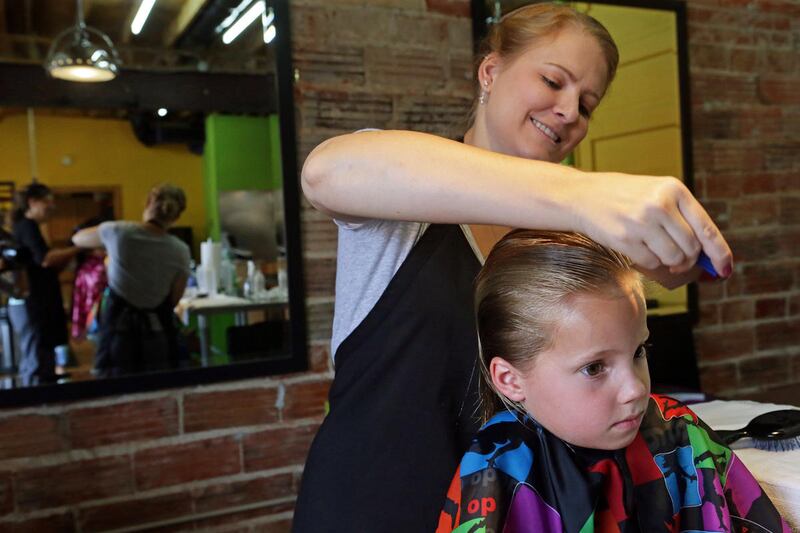With school now underway, pediatricians are reiterating their guidance from this spring that the emergence of super lice resistant to common over-the-counter treatments should not, pediatricians argue, change recent policies that keep kids at school and let them be treated at home, rather than sending them home once any nits, or larvae, are detected.
"Most cases of head lice are acquired outside of school," a recent statement by the American Academy of Pediatrics reads, adding that "a healthy child should not be restricted from attending school because of head lice or nits (eggs). Pediatricians are encouraged to educate schools and communities that no-nit policies are unjust and should be abandoned. Children can finish the school day, be treated, and return to school."
New fears were stoked in August, Education Week reports, when findings were presented at the American Chemistry Society meetings that "in at least half the states, the dreaded insects that feed on blood from the human scalp have developed resistance to over-the-counter treatments that doctors and schools frequently recommend."
"After testing samples of lice collected by public-health workers in 30 states," Education Week reports, "Southern Illinois University Edwardsville researcher Kyong Yoon concluded that 25 states have some lice strains that are resistant to the treatments. That’s because they have a combination of genetic mutations that allow their nervous systems to withstand exposure to permethrin, the active ingredient in many head-lice treatments sold in drug stores."
Prescription treatments still work, the researchers noted.
"For families dealing with lice, it may come down to learning from other local families whether lice are resistant to treatment," CBS News noted. "Doctors recommend trying the over-the-counter medications containing one percent permethrin or pyrethrins first — unless the lice in the area are known to be pyrethroid-resistant."
"If you do have a lot of resistance in your area, there's no reason to use a medication that isn't going to be effective," Dr. Corinn Cross, a pediatrician and spokesperson for the American Academy of Pediatrics, told CBS News.
Email: eschulzke@desnews.com


